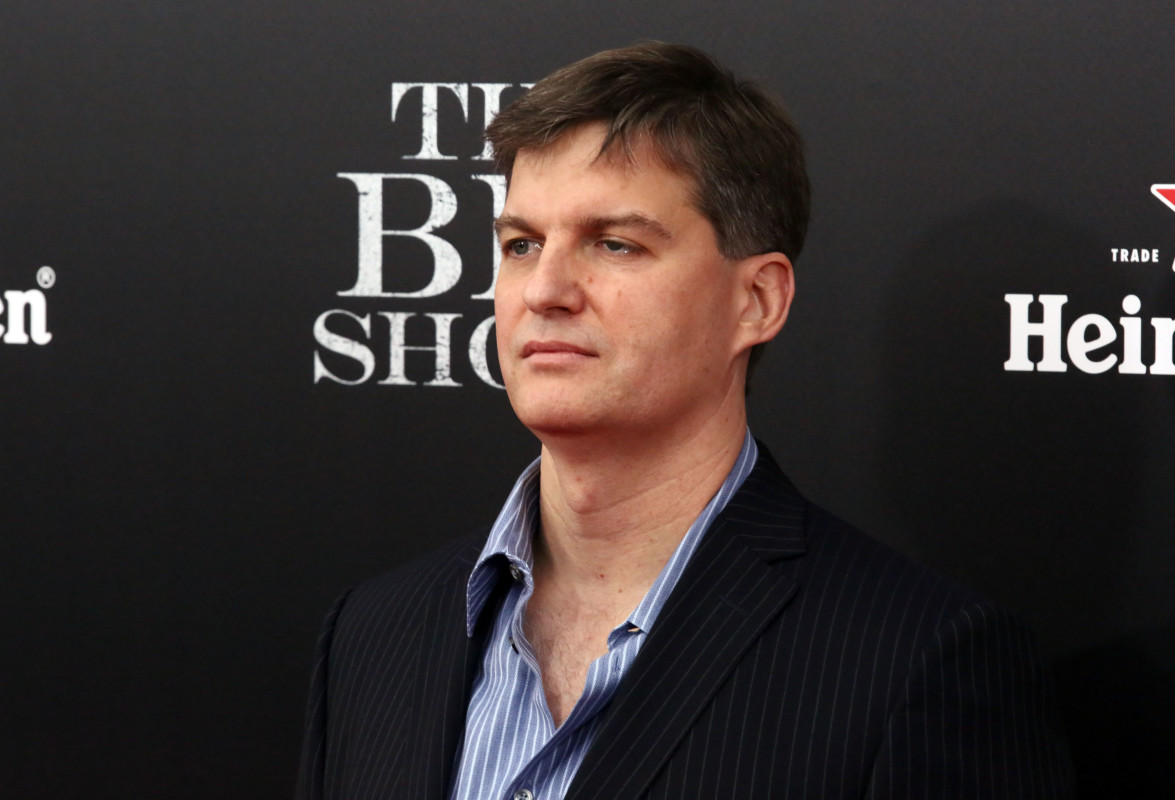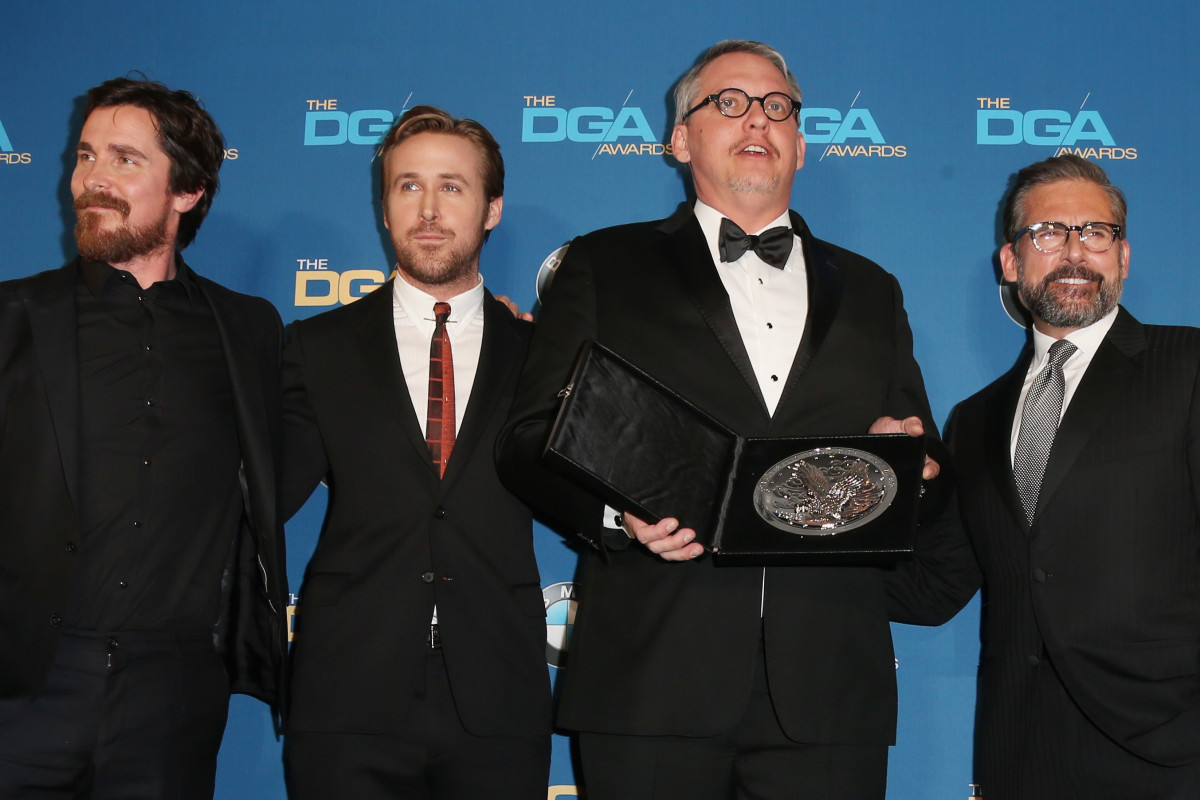
Michael Burry, the real-life fund manager behind Christian Bale’s protagonist role in 2015’s The Big Short, is probably best known for predicting (and profiting off of) the collapse of the mortgage-backed security market in the late aughts just prior to the Great Recession.
As a value investor and a stark proponent of fundamental analysis, Burry is known for his research acumen, and amateur and professional investors alike tend to hang on his every word. Burry has a habit of tweeting cryptic and foreboding warnings about the market and then deleting them soon after, but luckily, an X (formerly Twitter) account known as the Michael Burry Archive exists for the sole purpose of screenshotting and reposting his sometimes-prophetic market musings.
As former manager of hedge fund Scion Capital and current CEO of private investment firm Scion Asset Management, Burry has made most of his money from identifying and betting against overvalued financial instruments, markets, and sectors, usually by short-selling or using derivative securities, although he also buys long positions in stocks he believes are undervalued. But just how well has he done with this strategy, and what is he worth in 2023?
How much is Michael Burry worth in 2023?
As of April 2023, Michael Burry’s net worth was estimated to be around $1.2 billion, making him one of only several thousand billionaires on the planet. Interestingly, this figure could be significantly higher if it weren’t for the timing of a single trade.
How much did Burry and Scion make on GameStop?
Burry and his firm played a notable part in initiating GameStop’s widely publicized, retail investor-fueled short squeeze, which occurred in early 2021, but unfortunately, he and his investors missed out on the bulk of the gains.
At one point in 2020, Scion Asset Management had accumulated around 5.3% of the struggling video game retailer’s shares, believing it to be undervalued and over-shorted. Had Burry held Scion’s 1.7-million-share position just a little longer and sold at the stock’s peak rather than exiting his position in late 2020, his fund could have netted over $1 billion on the trade, which would have significantly boosted his net worth.
Instead, Burry sold the firm’s stake in Q4 2020, when GameStop stock was trading at somewhere between $10 and $20 per share, which likely made the fund somewhere around $100 million.

How much money did Burry and Scion make during the Financial Crisis of 2007–08?
In perhaps the most successful and notorious move of his investing career, Burry essentially shorted the overvalued and under-regulated mortgage-backed securities industry as it was ballooning in the mid to late 2000s, a saga that was immortalized in the 2015 film The Big Short.
Burry began to bet against the mortgage-backed securities market a few years before its collapse, much to the chagrin of his investors, many of whom did not share his disdain for the poorly understood asset class. Luckily for those who remained invested with him, however, his strategic persistence paid off when interest rates rose, millions of homeowners defaulted on their adjustable-rate subprime mortgages, and the entire mortgage-backed securities market collapsed, taking much of the American economy down with it.
When all was said and done, Burry’s bet through Scion Capital made his fund’s investors around $725 million, and he pocketed a tidy $100 million.
While this is an impressive sum, and Burry is widely credited with being the first to predict the collapse of the red-hot housing market, Steve Eisman, upon which the Big Short character Mark Baum (played by Steve Carell) was based, made a staggering $1 billion shorting collateralized debt obligations (CDOs), a type of debt-backed security that contains thousands of individual mortgages and other types of loans categorized into tranches by default risk.
How much money did Burry and his fund make during the Dot-Com Crash?
In the late 1990s, low interest rates allowed startups across the nascent internet technology industry to secure easy debt financing, and tech-related IPOs abounded. As new internet companies popped up left and right, technological optimism and a healthy economy fueled a bull market in stocks, and the tech industry in particular saw market valuations rise to unsustainable highs in what would later become known as the dot-com bubble.
This bubble reached its peak in March of 2000, and later that year, Michael Burry founded Scion Capital and immediately began making bearish bets on tech stocks, knowing that the sky-high valuations of not-yet-profitable internet companies spelled opportunity for his new firm.
Using short selling and derivatives, Burry managed to increase Scion’s value by 55% in 2001, during which time the S&P 500 fell almost 12% due to the bursting of the dot-com bubble. The next year, Scion ended 16% up while the S&P fell by another 22%.
During these first two to three years at the helm of his first hedge fund, Burry made a name for himself in the investment community as a prudent fundamental analyst with a keen eye for spotting bubbles and capitalizing on overvalued assets and industries.
What does Michael Burry do now? What is his next prediction?
As of late 2023, Michael Burry still captains Scion Asset Management, his second investment firm, which he founded after shuttering Scion Capital in the aftermath of his wildly successful bet against the housing market prior to the financial crisis of 2007–08.
So, what’s Burry’s next big bet? It’s hard to say for sure, as the public isn’t privy to Scion’s moves until the quarter after they are made when the firm’s regulatory filings are released.
Most recently, however, Scion’s Q2 2023 filings revealed that his firm held a massive number of put options on both the S&P 500 (a broad-based index of the 500 largest publicly traded companies in the U.S.) and the Nasdaq-100, which includes quite a few technology companies.
This position indicates that, at least at the end of June 2023, Burry was feeling bearish and believed the stock market was headed downward, perhaps toward a crash.







